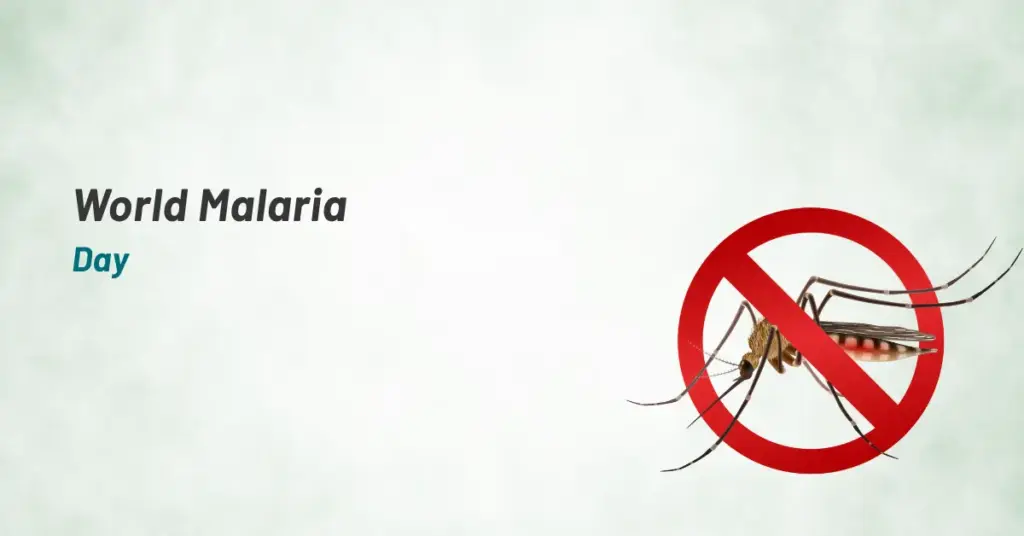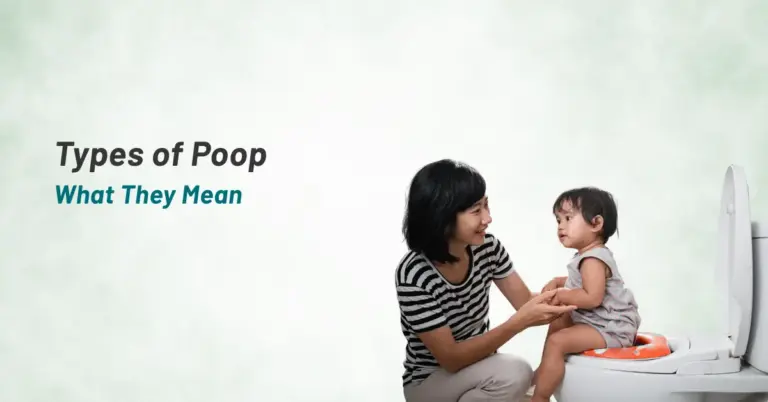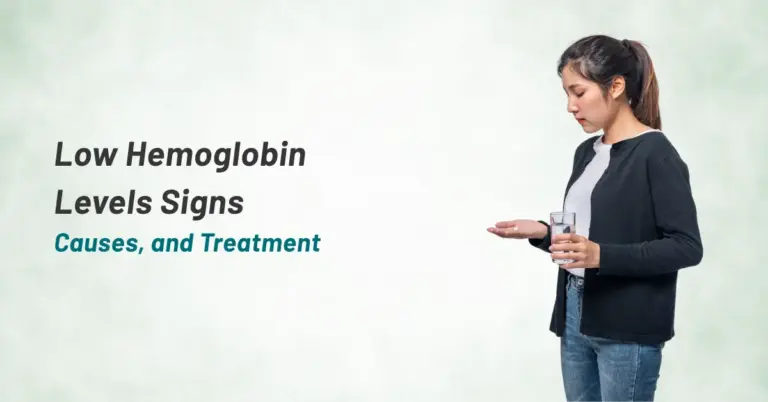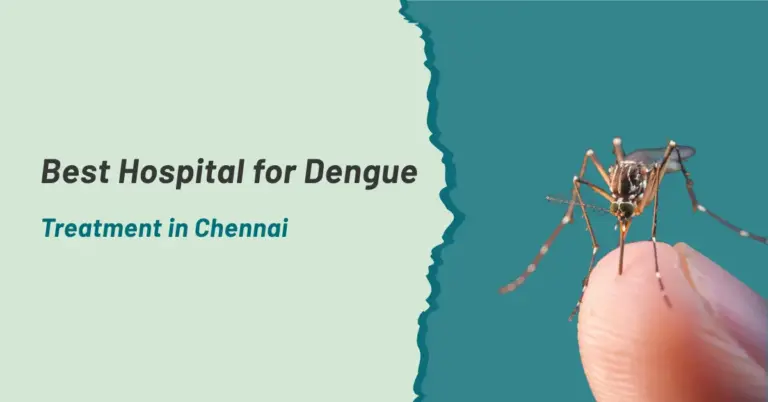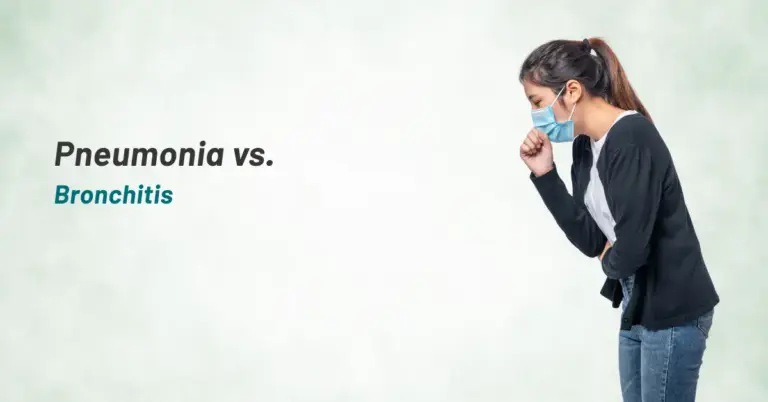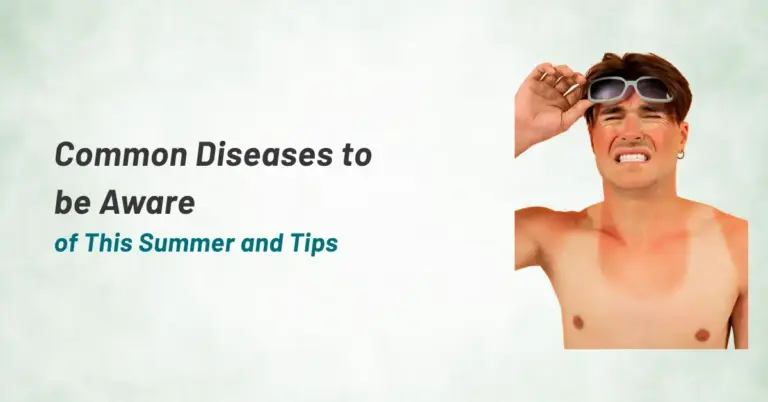As we mark World Malaria Day on 25th April – the WHO’s guiding theme this year is “Time to deliver zero malaria: invest, innovate, implement”
The 25th of April is celebrated annually as World Malaria Day. The day’s mission is to take measures to contain the deadly disease. Africa Malaria Day, which has been observed by African governments since 2001, served as the inspiration for World Malaria Day. On World Malaria Day, people from all over the world come together to raise awareness about the disease and its prevalence, and the need for continued political commitment and investment toward malaria control and elimination.
Few Facts about Malaria
- Bites from infected mosquitoes cause malaria, a potentially deadly disease
- Malaria is endemic; right now it is prevalent in 90 countries
- Malaria affects 200 crore people/ year
- 12.5 International tourists are at risk of Malaria
- Bites from infected mosquitoes cause malaria, a potentially deadly disease.
- It is the Female Anopheles mosquitoes that spread the Plasmodium parasite through their saliva, which causes malaria.
- As per the World Health Organization (WHO), the projected figure for fatalities resulting from malaria was 619,000 in the year 2021.
- The WHO African Region carries a disproportionately high share of the global malaria burden. The Region accounted for 95% of reported malaria cases and 96% of malaria-related fatalities in the year 2021. Approximately 80% of all malaria-related fatalities in the Region were attributed to individuals under the age of 5.
- Malaria is a life-threatening disease caused by the Plasmodium parasite and transmitted by infected mosquito bites.
Is Malaria Fatal?
Malaria has been one of humanity’s greatest scourges for millennia. While malaria is not contagious, anyone can get it. It is a treatable and preventable infectious disease. In the worst cases, malaria can cause serious complications like cerebral malaria or even multiple organ failure. Infants, children under 5 years, pregnant women, travelers, and people with HIV or AIDS are at higher risk of severe infection.
Prevention of Malaria
- Take the recommended prophylactic drugs while you travel.
- A single mosquito bite is enough to transmit malaria infection. Adequate protection against mosquito bites is crucial. Mosquito bites can be avoided by taking simple precautions like wearing covered clothing, using a mosquito net, and applying insect repellent.
- An insect repellent should be used on the skin. It needs to be re-applied frequently. Mosquito repellents are available in sprays, roll-ons, and creams.
- Additionally, covered clothing deters bites. Particularly in the early evening and at night, when mosquitoes prefer to feed, loose-fitting pants and shirts with long sleeves are preferred to shorts. Put on socks, long pants, blouses, and long-sleeved shirts.
- It is advisable to refrain from sleeping outdoors or in close proximity to mosquito-prone habitats such as stagnant water bodies (e.g. puddles, waste dumps), and keep your door closed at all times.
- Malaria is a disease that can be prevented and treated. The prevention of malaria necessitates a significant emphasis on awareness and precautionary measures, particularly prior to embarking on a trip to a malaria-endemic region.
- Utilize the mosquito control measures implemented in your locality, including the application of insecticides, inspection of stagnant water, and removal of puddles in the vicinity of your residence.
- It is advisable to refrain from visiting regions that are currently experiencing a malaria epidemic.
- It is advisable to seek medical attention promptly upon observing any symptoms of malaria.
It’s important to remember that there is no fail-safe method of prevention. Avoiding mosquito bites is the best defense against malaria. Our team of doctors at Prashanth Hospitals will offer comprehensive travel advice and country-specific recommendations prior to your trip.
To know more about Malaria from the expert Dr. Ananthakrishnan C.M.D (Int. Med), FGID (CMC), CCEBDM, Consultant – Internal Medicine & Infectious Diseases at Prashanth Hospitals.

